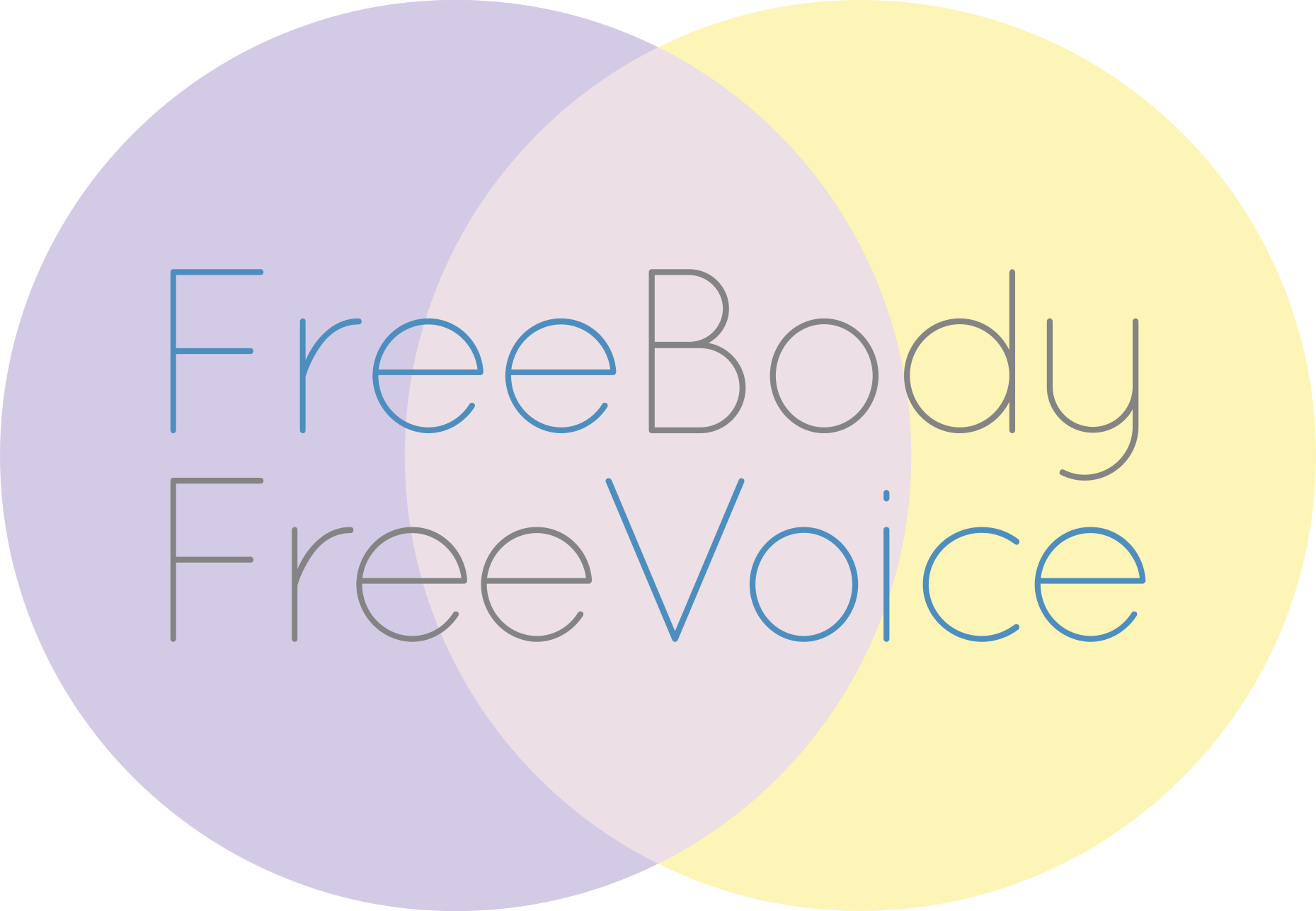Practicing is not a voice lesson!
Think of the different situations in which you may find yourself singing:
• in a lesson
• in your practice room
• in a performance
• in a rehearsal
• in the shower
How does your approach to singing shift depending on the context? When I'm in a performance, I typically dress or costume myself with attention to detail, warm up my pipes, and know my material cold. In the shower, I typically don't dress myself at all, turn on the pipes, and make sure the water is not cold. And as I lather up and croon, I give myself ample leeway as regards pitch, accuracy of lyrics, and even whether I sing a number to its completion.
This example was obvious, even a bit silly. The differences between practice, lessons, and performance are a bit blurrier and overlap somewhat. Earlier in my singing life, I was not aware of these distinct approaches to singing and would in my practice room attempt to recreate my lessons or a performance. Or, since I can play the piano well enough to accompany myself, I would rehearse, rather than practice my material.
Lately, I've become more aware of my changing role in different singing situations. When I take a voice lesson, I mostly cede control to my voice teacher to determine what and how I am singing. Based on what she is hearing moment to moment, my teacher suggests things to pay attention to or to think and guides me in choosing the vowel, pitch, and volume that are likely to help my technique improve. This kind of exploration works best with an external observer. I have had exciting moments when it seems my teacher is singing my voice, taking me functionally beyond where I could go on my own. Until eventually, the new technique becomes mine. We can call this process "voice building."
When I practice, I embark on a playful exploration of what my voice at its current level of development can do. I don't tend to rehash exercises that my teacher led me through at my voice lessons, because, without her external ear and guidance, these exercises lose much of their potency. In the practice room, my goals include learning music I will be performing, playing around with my voice by making every sort of sound I can think of, and breaking down difficult musical passages in thousands of creative ways: slowing them down, or singing them on a single vowel, or in a different key, or speaking them in rhythm, or inserting breaths in different, even weird places, or stopping just before a "problem" note, or moving my body in some way as I sing, or whatever my creativity comes up with that day. My most productive practice sessions are those in which I keep my spirit light and follow my curiosity wherever it takes me. And sometimes it takes me on a pretty wild ride. I can't always articulate just why I'm doing what I'm doing, but cumulatively, my practice sessions have allowed me to blossom into the musician I am today.
When I rehearse with a pianist (or with an orchestra and chorus), we are uniting our forces to collaborate musically. The rehearsal is about establishing an artistic give-and-take that will culminate in a performance. And about dealing with practicalities like room acoustics, blocking, and going over those tricky passages in which it's a challenge to create a sense of ensemble. I arrive to rehearsals knowing my part of the music well, so that the experience does not devolve into a public practice session in which I am still learning my notes or rhythms or lyrics. (Some rehearsals may intentionally include teaching singers their parts, in which case you may not be expected to know the music when you arrive. Please know for sure whether or not your rehearsal falls into this category!)
What a rich variety of musical experiences I've described! By approaching each type of singing situation with a clear sense of what you're there to accomplish—and what you're NOT there to accomplish—you will have more fun and see the most progress.

